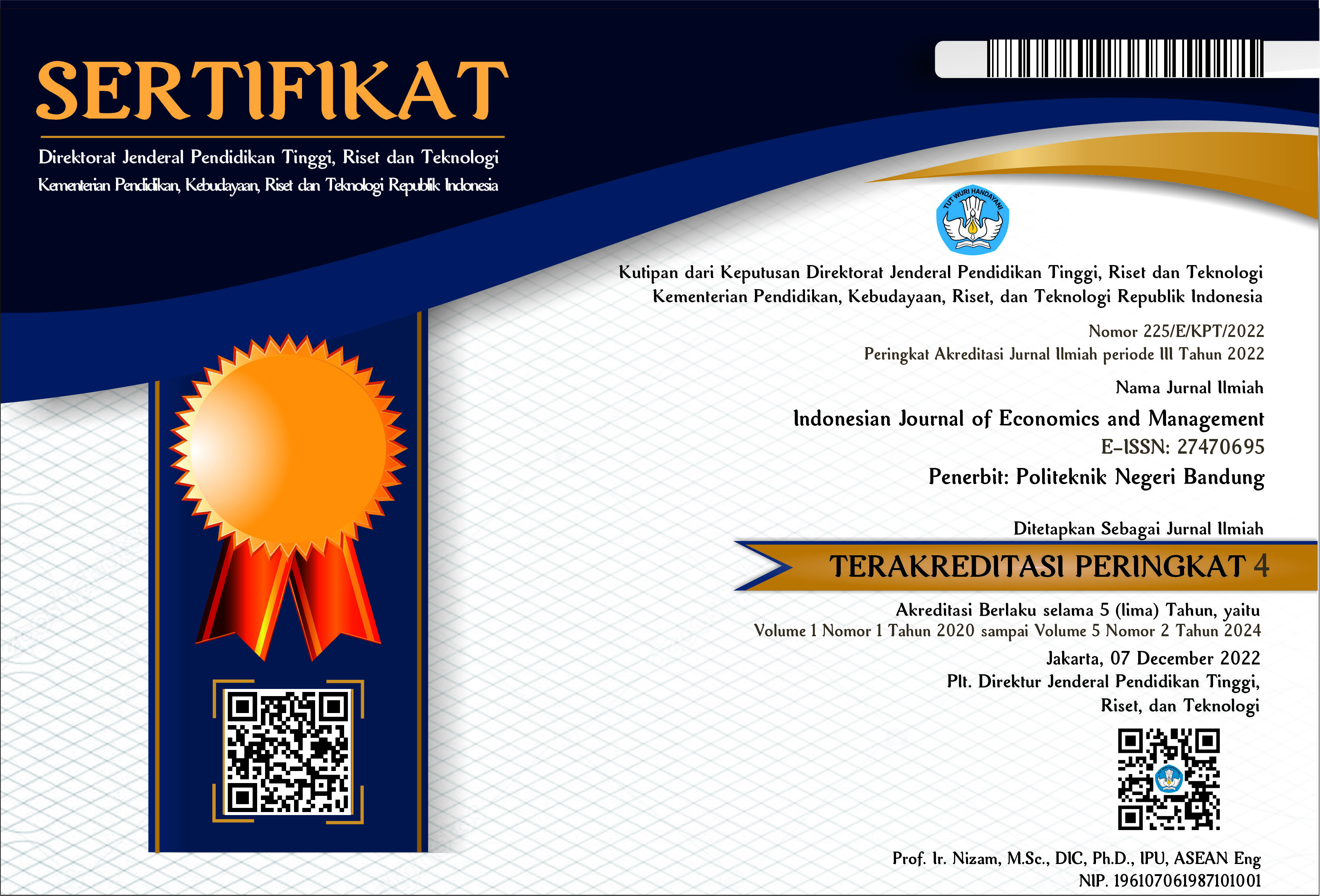The Effect of Profitability, Leverage, and Operating Cash Flow on Tax Avoidance in Manufacturing Companies in the Various Industries Sector
Abstract
The practice of tax avoidance is still common in companies. The company as a private sector has an orientation to continue to increase profits by reducing costs including taxes. This is inversely proportional to the public sector where taxes are state revenue that contributes the most to the state. Taxes are generally seen as the biggest cost to the private sector. Therefore, managers take steps to reduce their company's tax liability. Based on the tax justice network, Indonesia is the 4th largest country in the practice of tax avoidance by companies. This study aims to empirically prove the practice of tax avoidance by considering several influencing factors, namely profitability, leverage, and operating cash flow. The research was conducted at manufacturing companies in the various industrial sectors in 2018-2022. The research method used is a quantitative method with data analysis techniques using the help of Eviews12. As for the research sample using the purposive sampling technique, the research sample is known to be 30 companies listed on the Indonesia Stock Exchange. Partially, the results show that profitability and operating cash flow affect tax avoidance, while leverage shows no effect on tax avoidance. And simultaneously the results show that the three variables have an influence on tax avoidance in manufacturing companies in various industrial sectors.



